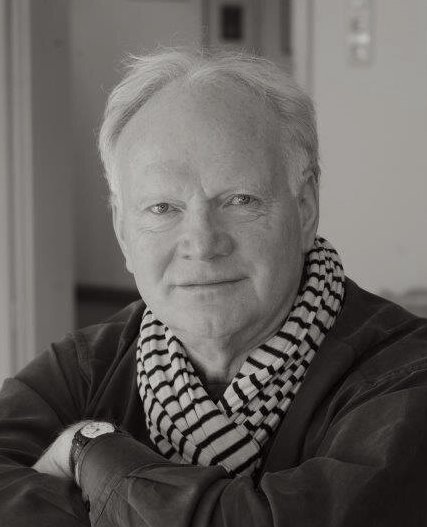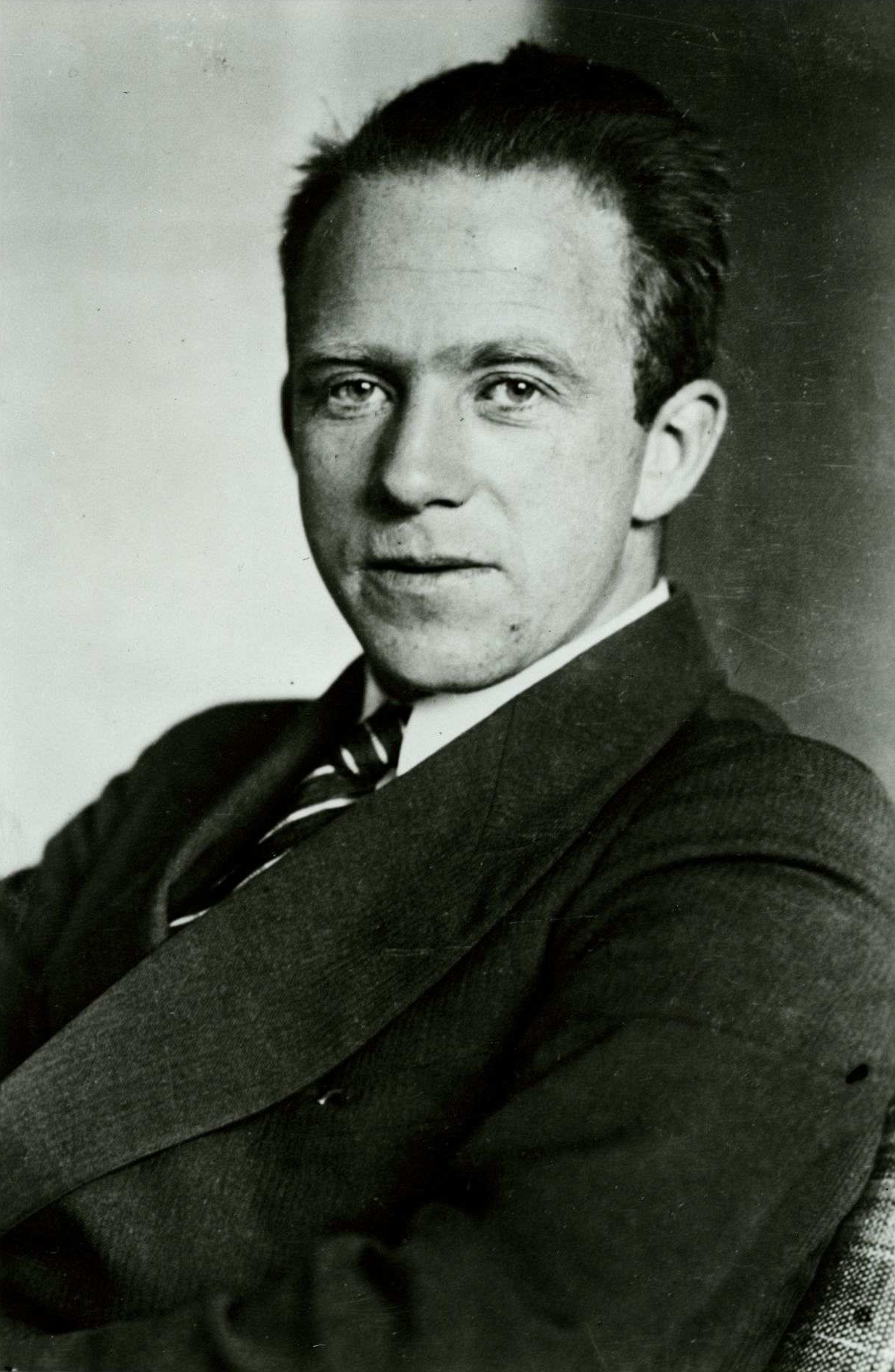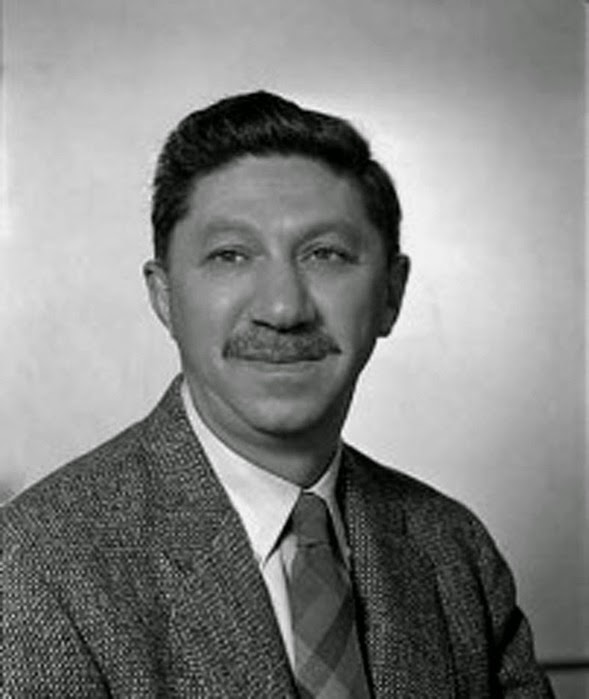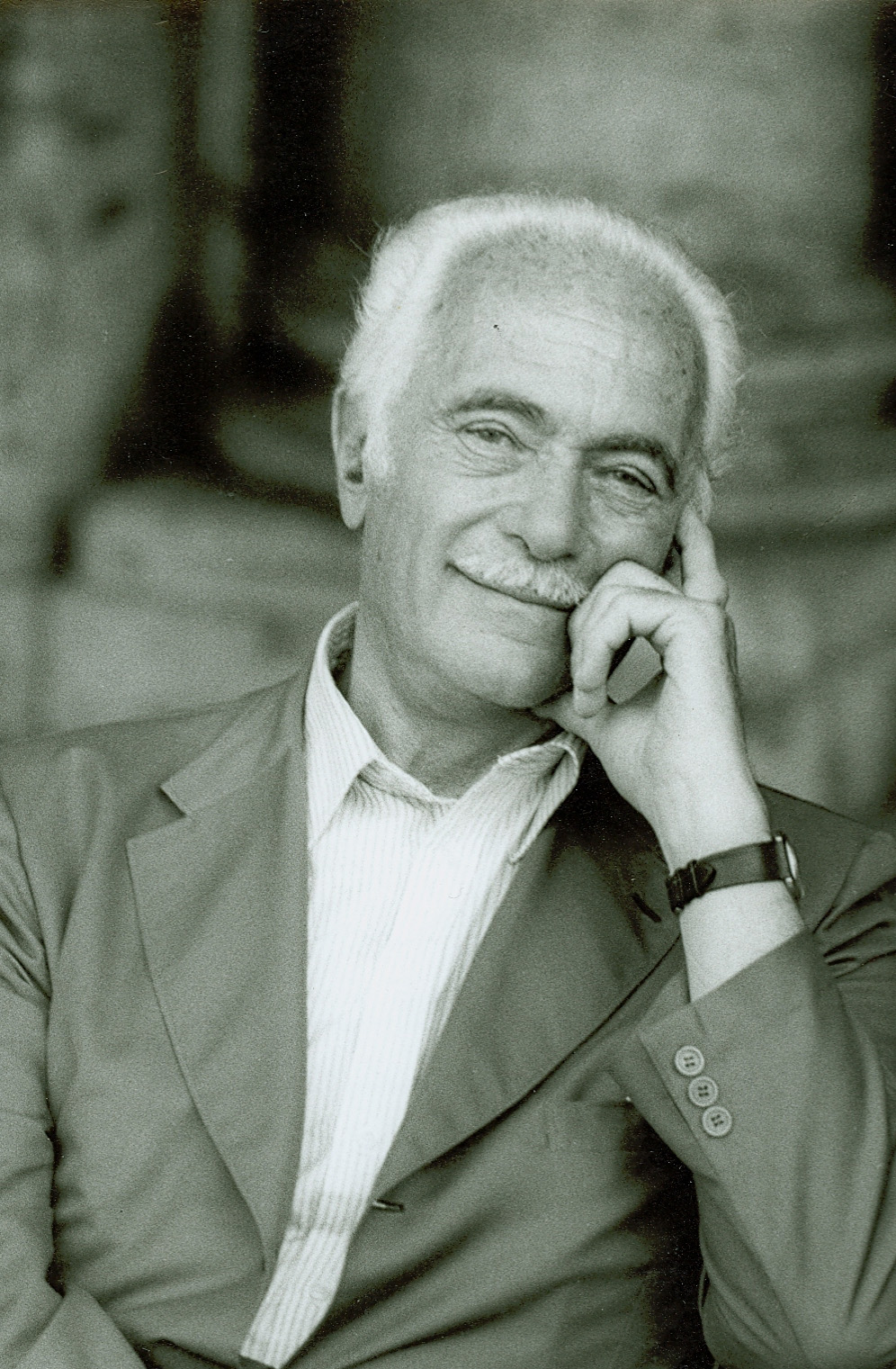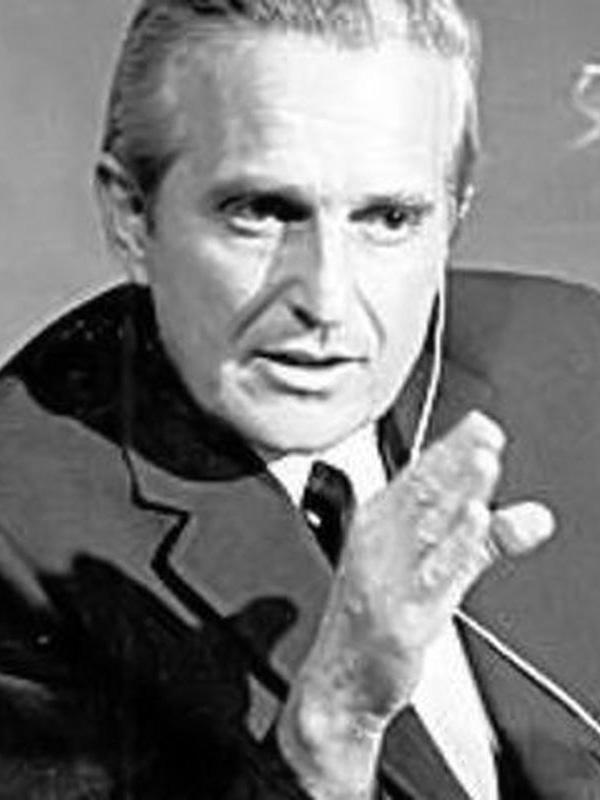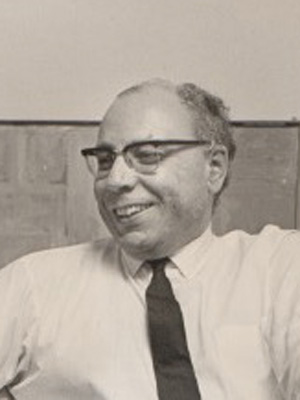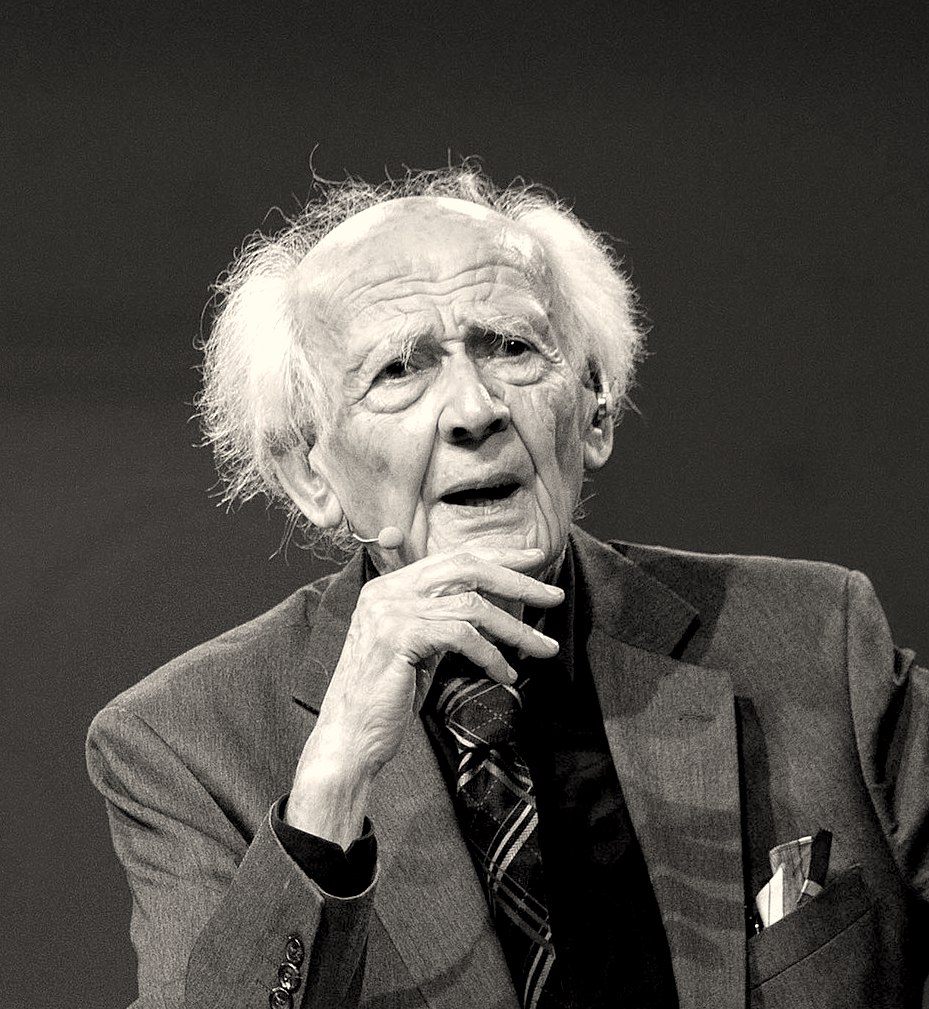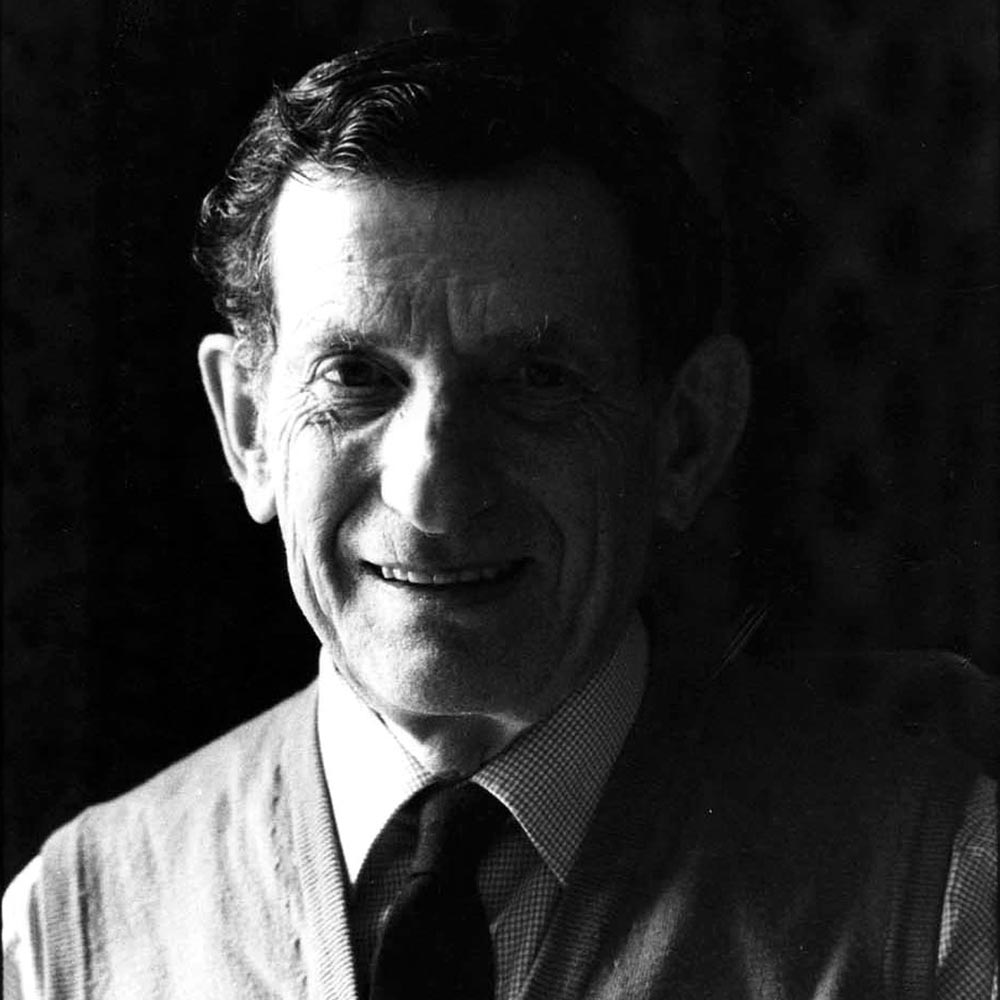N-keywords
Contents
- 1 Federation through Keywords
- 1.1 We can design scopes by creating keywords.
- 1.2 Keyword creation is a form for linguistic and institutional recycling.
- 1.3 Keywords enable us to 'stand on the shoulders of giants' and see further.
- 1.4 Paradigm
- 1.5 Logos
- 1.6 Design epistemology
- 1.7 Polyscopic methodology
- 1.8 Convenience paradox
- 1.9 Knowledge federation
- 1.10 Systemic innovation
- 1.11 Power structure
- 1.12 Dialog
Federation through Keywords
(Ulrich Beck, The Risk Society and Beyond, 2000)
The key to stepping beyond the "risk society" (where existential risks we can't comprehend or handle lurk in the dark) is to design new ways to see and speak—as the Modernity ideogram suggested. The very approach to information the polyscopic methodology enables is called scope design, where scopes are what determines what we look at and how we see it.
We can design scopes by creating keywords.
Because keywords are defined in the way that's common in mathematics—by convention. When I turn "culture", for instance, into a keyword—I am not saying what culture "really is"; but creating a way of looking at the infinitely complex real thing; and thereby projecting it, as it were, onto a plane—so that we may look at it from a specific side and comprehend it precisely; and I'm inviting you, the reader, to see culture as it's been defined.
Keywords enable us to give old words like "science" and "religion" new meanings; and old institutions a function, and a new life.
Keyword creation is a form for linguistic and institutional recycling.
Often but not always, keywords are adopted from the repertoire of a frontier thinker or an academic field; they then enable us to federate what's been comprehended and seen in our culture's dislocated compartments.
Keywords enable us to 'stand on the shoulders of giants' and see further.
Paradigm
I cannot think of a better case to illustrate the power of seeing things whole—by designing the way we look—than these wonderful paradoxes I am about to outline; which paradigm as keyword points to; which holotopia as initiative undertakes to overcome.

I use the keyword paradigm informally—to point to a societal and cultural order of things; and when I want to be even more informal—I use elephant as its nickname; to highlight that in a paradigm everything depends on everything else—just as the organs of an elephant do.
The paradigm is the very (social and cultural) "reality" we live in; to which we must conform in order to succeed in anything; because when we don't—and end up failing—we quickly learn that certain things just don't work, and must be avoided. And so willy-nilly—we become part of the paradigm; and let it determine what we consider "realistic", or possible.
So here's a paradox: The paradigm we live in could be arbitrarily dysfunctional, non-sustainable and downright suicidal—and we'll still we'll consider complying to its limitations as (the only) way to "success"; and everything else as impractical or "utopian".
And here's another one: Comprehensive change (of the paradigm as a whole) can be natural and easy—even when attempts to do small and obviously necessary changes have proven impossible; you can't fit an elephant's ear onto a mouse! Paradigms resist change—that goes against their grain of its order of things. But changing the paradigm can be natural and easy—when the conditions for such a change are ripe.
We live in such a time.
The Liberation book demonstrates that; by developing an analogy between the times and conditions when Galilei was in house arrest—when a comprehensive new paradigm was about to emerge—and our own time; and then proposes—and ignites—a process by which we'll liberate ourselves from the grip of the paradigm; which, needless to say, needs to be designed; because no matter how hard we try—improving the candle won't produce the lightbulb!
I use the keyword paradigm also formally, as Thomas Kuhn did—to point to
- a different way to conceive a domain of interest, which
- resolves the reported anomalies, and
- opens a new frontier for research and development.
Logos
(René Descartes, Meditations on First Philosophy, 1641)
The natural way to enable the paradigm to change is by enabling the way we people use the mind to change; as the last such change—the Enlightenment—may illustrate. I use the word logos to problematize the way we use the mind (so that instead of being taken for granted—it's recognized as problematic); by pointing to its historicity (that it's a product of historical circumstances and beliefs; that it has changed before and may change again).
"In the beginning was logos and logos was with God and logos was God." To the philosophers of antiquity, "logos" was the very principle according to which God organized the world; and which enables us humans to comprehend the world, by aligning our minds with this principle. How exactly to do that—there the opinions differed; and gave rise to a multitude of philosophical traditions.
But "logos" faired poorly in the post-hellenic world; Latin failed to provide an equivalent, and the modern languages did so too. For about a millennium our ancestors believed that logos had been revealed to us humans by God's own son, and recorded in the Bible; and considered challenging that the deadly sin of pride, and a heresy.
Enlightenment has abolished this belief; and taught us, modern people, to rely on science-empowered reason to comprehend the world and life's core questions.
A reason why we must go back to the drawing board—just as Descartes and his Enlightenment colleagues did—is that they got it all wrong!
They made the error that gave us 'candles' as 'headlights'.
They made indeed two errors, to be precise; when they took it for granted that
- the goal of the pursuit of knowledge, and of science, was to find the "objective" and unchanging truth about "reality"; and that
- this truth is revealed to the mind as the sensation of absolute certainty.
That science—conceived as a collection of specialized disciplines—now occupies the larger-than-life function (of "the Grand Revelator of modern Western culture" as Benjamin Lee Whorf branded it in Language, Thought and Reality) was nobody's conscious design, or even intention. For awhile, science and tradition coexisted side by side—the latter providing the know-what, and the former the know-how. But then—right around the mid-nineteenth century, when Darwin entered this scene—science ousted the tradition; and becoe the modernityh's sole arbiter of knowledge.
But science never adjusted itself to this much larger role.
Design epistemology
(Werner Heisenberg, Physics and Philosophy, 1958.)
You'll easily comprehend the anomaly this third of holotopia's five insights points to, if you just see the way we use the mind (and go about deciding what's true or false or relevant and irrelevant) as the foundation on which our culture has been built; which enables some of its parts or sides to grow big and strong (where this foundation is suitable), and abandons others to erosion. As Heisenberg pointed out, our existing foundation—which our general culture imbibed from 19th century science—has been too narrow to allow cultural reproduction to continue:
Werner Heisenberg got his Nobel Prize in 1932, "for the creation of quantum mechanics" he did while still in his twenties.
In 1958, this giant of science looked back at the experience of his field, and wrote "Physics and Philosophy" (subtitled "the revolution in modern science"), from which the above lines have been quoted.
In the manuscript Heisenberg explained how science rose to prominence owing to successes in deciphering the secrets of nature. And how, as a side effect, its way of exploring the world became dominant also in our culture at large; in spite of the fact that its frame of concepts was
so narrow and rigid that it was difficult to find a place in it for many concepts of our language that had always belonged to its very substance, for instance, the concepts of mind, of the human soul or of life.
Since
the concept of reality applied to the things or events that we could perceive by our senses or that could be observed by means of the refined tools that technical science had provided,
whatever failed to fit in was considered unreal. This in particular applied to those parts of our culture in which our ethical sensibilities were rooted, such as religion, which
seemed now more or less only imaginary. (...) The confidence in the scientific method and in rational thinking replaced all other safeguards of the human mind.
Heisenberg then explained how the experience of modern physics constituted a rigorous disproof of this approach to knowledge; and concluded that
The most important change?!one may say that the most important change brought about by its results consists in the dissolution of this rigid frame of concepts of the nineteenth century.
"This frame was supported by the fundamental concepts of classical physics, space, time, matter and causality; the concept of reality applied to the things or events that we could perceive by our senses or that could be observed by means of the refined tools that technical science had provided. Matter was the primary reality. The progress of science was pictured as a crusade of conquest into the material world. Utility was the watchword of the time. On the other hand, this frame was so narrow and rigid that it was difficult to find a place in it for many concepts of our language that had always belonged to its very substance, for instance, the concepts of mind, of the human soul or of life. Mind could be introduced into the general picture only as a kind of mirror of the material world.”
The results of 20th century physics, Heisenberg pointed out, constituted the narrow frame’s rigorous disproof. He wrote Physics and Philosophy anticipating that the most valuable gift of modern physics to humanity would be a cultural transformation; which would result from the dissolution of the narrow frame.
The design epistemology—on which the knowledge federation prototype has been founded—originated by federating the state-of-the-art epistemological findings; by systematizing and adapting what the giants of science and philosophy have found—and writing it as a convention. Of which Einstein's "epistemological credo"—which he left us in Autobiographical Notes (as his testament or "obituary")—is alone sufficient:
“I see on the one side the totality of sense experiences and, on the other, the totality of the concepts and propositions that are laid down in books. […] The system of concepts is a creation of man, together with the rules of syntax, which constitute the structure of the conceptual system. […] All concepts, even those closest to experience, are from the point of view of logic freely chosen posits, just as is the concept of causality, which was the point of departure for [scientific] inquiry in the first place.”
The point of design epistemology as an insight is that a broad and solid foundation for creating truth and meaning, and evolving a culture can be developed by the proposed approach; by federating knowledge.
The design epistemology insight expresses in words what the Modernity ideogram expresses visually.
It extends the constructivist credo (that we do not discover but construct a "reality picture") an important step further—by writing it (not as a statement about reality, but) as a convention; and by assigning a function to this all-important activity; which obliges us to prioritize those ways of looking at the world—and importantly, also those ways to act in the world—that help us find and follow a viable new evolutionary course.
Polyscopic methodology
(Abraham Maslow, Psychology of Science, 1966)
You'll comprehend the anomaly this fourth of holotopia's five insights points to, if you see the method—the category from which it stems—as the toolkit we use to construct truth and meaning; and the culture at large; and consider that—as Maslow pointed out—this method is so specialized that it compels us to be specialized; and choose our themes and set our priorities (not according to their relevance, but) according to what this tool enables us to do.
As an insight, the polyscopic methodology points out that a general-purpose method, which alleviates this problem, can be created by the proposed approach; by federating the findings of giants of science and the techniques developed in the sciences; so as to preserve the advantages of science—and alleviate its limitations.
Design epistemology mandates such a step: When we acknowledge that (as far as we know) there is no conclusive truth about reality); and that on the other hand our very existence depends on information and knowledge, we become accountable for providing knowledge about the most relevant themes—notably the ones that determine our society's course —as well as we are able; and to then continue to improve both our knowledge and our ways to knowledge.
Convenience paradox
(Aurelio Peccei, One Hundred Pages for the Future, 1981)
Here looking at THAT PIVOTAL FUNCTION: How we make choices; what guides us. Enabling cultural evolution; concretely values AND human development (Peccei considered as THE most important goal).
Context: NOT ONLY Peccei; point of post-industrial society and culture is that HUMANISTIC values (instead of greater production and consumption and wealth creation in MATERIAL sense) must be the focus. ALL professional circles I know of who looked into this question came to similar conclusions; here in Norway Arne Næss is famous for "deep ecology"; in the book's introduction I talked about the event Visions of Possible World conference 2003 in Milan, Italy. But with new information technology—you can hear it straight from the horse's mouth!
The beauty of this anomaly is that it falls as soon as logos has been turned on; and we see that there's not only facts missing here, but one whole dimension of reality, which is time. Which is crucial because it is in time that culture and human development and cultivation happen, and vice-versa: Desensitization (which as we have seen, Nietzsche talked about already). Perhaps we'll do better by sensitizing our senses—by refraining from indulgence? But where this becomes a true adventure is when we federate from a variety of sources; THIS is where the continuity of cultural evolution truly is not only restored—but it enters A WHOLE NEW orbit!
See what goes on now THROUGH the story of logos and basic error of Enlightenment: Cause-effect in "pursuit of happiness" SEEMS so perfectly logical and clear; What causes me pleasure, or what quenches my desire—that's what I should reach out for and get; and vice versa.
Convenience paradox—the fifth of the five insights—shows how our values will be turned upside down, and our "pursuit of happiness" thoroughly revised, when we base them on knowledge instead of belief.
Convenience is the "value" (if we can call it that) that follows directly from the unreflected use of the mind that has been our theme: Something feels attractive (unattractive) and we simply consider it as "obviously" that; and we configure the rest of our existence as "rational" pursuit of what we like and dodging of what we dislike; whose absurdity becomes transparent already when we take desensitization into account, as Nietzsche did. When we rely on convenience we ignore one whole dimension of existence—time. Convenience paradox is the point of a humongous information holon; whose rectangle houses a variety of instances where some long-term practice of what may initially seem unattractive brings large and unexpected benefits and vice versa. Peccei identified "human development" or "human quality" (its result) as "the most important goal", on which our future depends; the convenience paradox insight puts human development on our cultural map and makes it attractive; or even possible.
Part of the convenience paradox and much of the focus of the Liberation book has to do with the change of values from self-centeredness (where we see the world through "our own interests") to (the pursuit of) wholeness, both inner and outer (of our social and physical environments); and seeing those different parts or aspects of wholeness all as interdependent, and seeing it all as simply wholeness. And with religion as function in culture that has that very change of values as objective. In the book it is shown that the pursuit of convenience makes sense only when we see the world 'in the light of a pair of candles'; and becomes transparently absurd when 'proper headlights' have been turned on.
The history of religion may then be seen (remember that seeing things in simplified terms in order to see them whole is legitimate) as having three phases; where in the first phase people created myths and beliefs to make doing the right thing seem attractive even to people who only had 'the candle' to illuminate the world; and in the second phase eliminated those myths and beliefs, and with them also religion; and in the third phase—which is now beginning—illuminated the way for religion by suitable information.
Knowledge federation
(Doug Engelbart, "Dreaming of the Future*, BYTE Magazine, 1995)
CANDLE. ANOMALY: Principle of OPERATION; it's like fire vs. electricity. Point here is that new media technology was CREATED (by DE and his SRI team) to ENABLE a completely different PROCESS (other than BROADCASTING, which the old technology enabled); which is what we call knowledge federation; which is what Engelbart meant when he talked about "collective nervous system". NOT broadcasting but a DIFFERENT division and organization of information work altogether. Of course, for this it's necessary to have an INDEPENDENT idea of what this is; A system of ideas INDEPENDENT from "reality".
As soon as we see information as a human-made thing for human purposes (when we no longer reify 'candles' as 'headlights')—it becomes transparent that the very process by which we handle information (the very principle of operation of those 'headlights') is thoroughly ill-conceived; that it's something that was created for an out-of-date technology and an entirely different world, and purpose; or in other words—that it's 'a candle'.
Information that is 'a candle' makes which makes (a lion's share of) academic work useless; and technology dangerous.
Why do we still believe that when something is published it is also "known"—when the amounts of information we have surpass by many orders of magnitude what any human mind can process and turn into knowledge? Our capability to 'connect the dots' has never been more important than it is today; but we'll only be able to do do it if we learn to do it—together.
As a process, knowledge federation is exactly what is needed—an entirely different "social life of information" (to use John Seely Brown's and Paul Duguid's pointy book title) than what the old technology, the printing press, made possible; which is why knowledge federation is also the name of the second of the five insights.
Did you know that the knowledge media that are in common use—which you and I use to write email and browse the Web—was created to enable that very change of the principle of operation? By Doug Engelbart and his SRI-based team. Ironically, Doug's vision was the casualty of the very problem he undertook to solve; he failed to communicate it to Silicon Valley developers and academics, regardless of how hard he tried.
Systemic innovation
(Erich Jantsch, Loooong title, MIT Report,1969)
ANOMALY: you'll see it if you imagine systems as gigantic machines; comprising people and technology. Decide what the effects will be AND how we live! COMPLETELY crucial! What sort of condition are they in?
At our Tesla and the Nature of Creativity 2015 in the dialog I showed my smartphone to point out how INCREDIBLY ingenuity went into creating this thing; compare to complete LACK OF THOUGHT when it comes to key systems like science; and public informing; and how they interoperate.
And if the systems whose aim is KNOWLEDGE are so devoid of any conscious attention—what about all others?
In Ch 7 I say "environmental movement's forgotten history; and ignored theory". And tell about "scientific" approach to problems; where—as in scientific medicine, or any medical tradition, where we don't just try to ward of the symptom by some sort of magic, but see it as a product of a diseased organism and try to treat it THERE where it originated from, by strengthening the organism's ability or wholeness. Why not handle SOCIETY's problems in this way? Point is—problems DO NOT have solutions within systems that created them, and vice versa: SYSTEMS are what we CAN improve.
That's the story of Jantsch in the book, and elsewhere; who sa it this way.
THE most interesting thing is when we draw the line from the 5th to the 1st insight: See that to truly pursue wholeness we MUST live in whole systems and vice versa. If we comprehend PERSONAL wholeness and its determinants—we are ready to work on outer systems, to make THEM whole.
The overall holotopia's value follows: Make things whole; "things" now being systems on all scales and levels—from person's inner system to outer. ALL inter-related.
And finally—What is the solution to "the huge problems now confronting us"?
The best way to read the Modernity ideogram is to see it as an answer to this question; which translates into two formulas that define holotopia:
- see things whole and
- make things whole.
When we (avoid the fixation on problems and) look at the systems (in which we live and work; and see them as gigantic machines comprising people and technology that decide what the effects of our work will be; and what our work lives and private lives will be; and what we need to be like to be able to live and work in those systems)–we become empowered to not only solve those problems (by re-creating systems); but also to vastly improve the effects of our work; and the quality of our lives, and of ourselves.
Systemic innovation is the first of holotopia's five insights.
Power structure
(Zygmunt Bauman Life in Fragments: Essays in Postmodern Morality, 1995)
PS anomaly: Best to approach it through my story. How I came to this. When I began to work after I moved from the USA to Norway, as private interest. In 1995, as I tell in Ch2, I committed fully and worked with COMPLETE dedication. Within a couple of years ideas began to mature. I expected that when I share them with friends and colleagues—the reaction would be COMPLETEDLY different than what happened! Which was sense of discomfort. NO conversation. Didn't take long for me to see that this is THE problem, THE core thing.
Here in front of me, two and a half decades later, I have Bauman's book Modernity and the Holocaust, which I'm re-reading. The basic message now comes strongly through—he's saying WE ARE NOT theorizing it properly AT ALL! historians did a great job showing WHAT happened and HOW; "Quote him: Not an aberration in modernity, but PRODUCT of modernity.
The flip side of the coin is—to CREATE how we see power and politics; by showing a PATTERN: We do not create systems; THEY CREATE US!
Holotopian politics results, very much Gandhian—NOT us against them but ALL OF US against power structure .
May have seen utopian still in Gandhi's time; not any more. Point is—it is FLAGRANTLY NOT in anyone's interest to sink the planet (shall we create geocide as keyword, to rub it in? As the greatest crime ever—achieved PURELY through BANALE evil!
The point of it is to see business as usual as complicity in geocide; and as being part of "the enemy", the power structure.
See politics and power in new—holotopian way; not as "us against them"—but as all of us against power structure!
Key insight is that it's nobody's interest! Never was. But now it's pathetically, HUGELY obvious; success defined by power structure. New way empowerment.
The fifth insight. Holotopia is the joining line.
Point is to see power and politics differently: No longer as as "us against them"—but as all of us against the power structure.
Dialog
(David Bohm, Problem and Paradox, an online article.)
The beauty of the situation: It all boils down to how (or WHETHER) we use the mind. And as long as THAT's the problem—it's THE paradox. So all anomalies boil down to this first one—and THAT's where the remedy must begin.
Dialog is NOT a conversation; it's meaning is THROUGH LOGOS; and its function is to REVIVE logos—and then THROUGH LOGOS examine the life's core issues; and by doing that REBUILD 'the headlights'.
David Bohm SAW IT in exactly those terms; and considered the dialog as the necessary element in the solutionatique. For as long as we COMMUNICATE to gain advantage / promote our issue etc—there CAN NOT be comprehension and peace. Our COMMUNICATION is what binds us to power structure.
Here plan: Winning without fighting strategy. Book produces shock waves; challenges the "conventional wisdom" on many levels; but the idea is NOT to fight it out, but on the contrary—to REBUILD communication so that we use it to liberate ourselves from conditioned responses; and TRULY begin to see things in new ways. THAT and only that is our first goal.
I am NOT advocating a new religion, or worldview, or future; I am INTERVENING in the system of communication—and inviting you to join me in SELF-ORGANIZING in a new way!
When the way we use the mind is the root of our problems—then this is no longer a problem but a paradox; which turns all our "problems" into paradixes.
The function of the dialog is to dissolve the paradox.
And that is how this keyword needs to be understood—not (definitely not) as merely a conversation; but as a system whose function is to first of all liberate logos—and then to empower us to comprehend and communicate and act through logos.
The dialog is conceived as a practical way to change our collective mind.
And use it to federate a vision; and organize us in action that will empower us to manifest and realize that vision.

